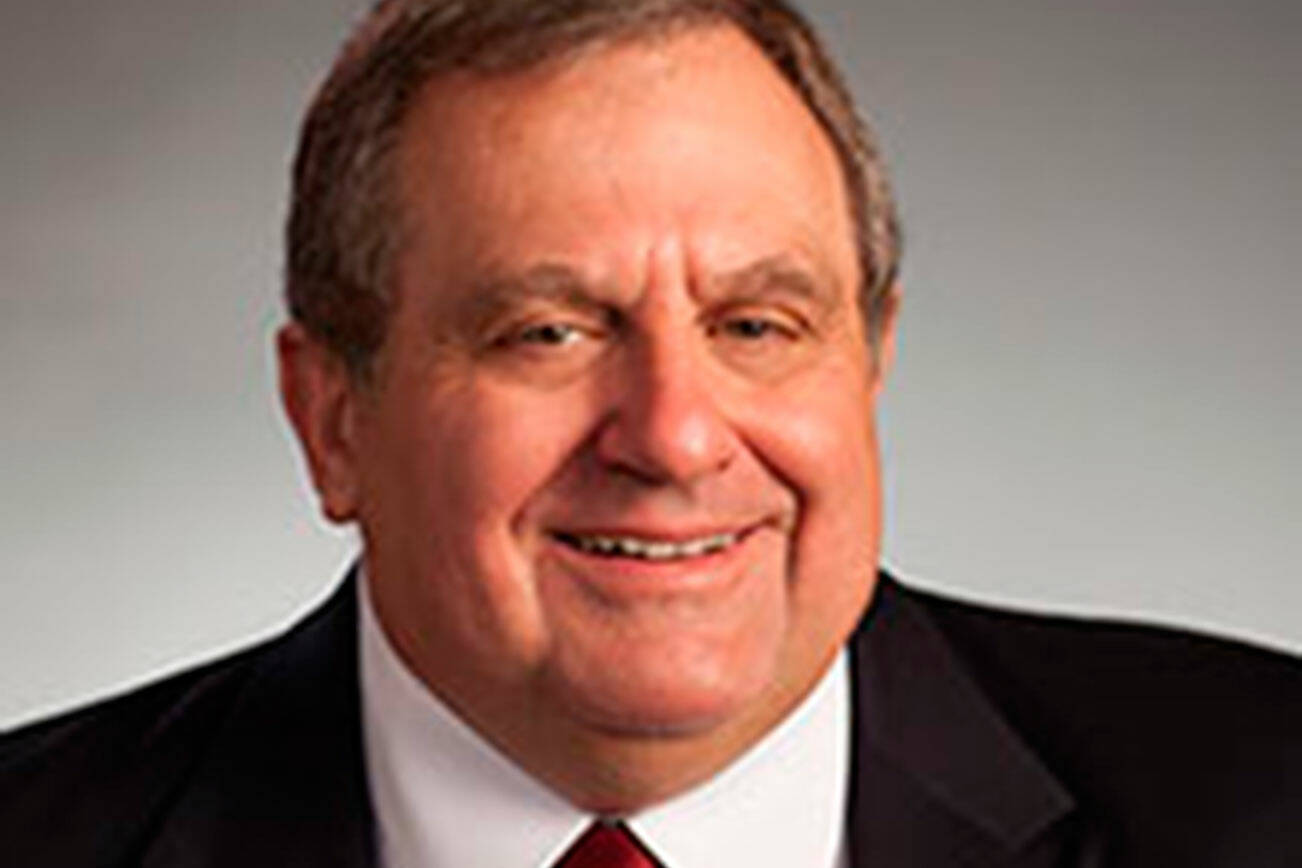As climate change concerns grow, researchers are turning to family tree farmers for assistance. They have been helping for a century, but their efforts have gone unrecognized.
The American Tree Farm program has emphasized sustainability and managing lands for water quality, wildlife, wood, and recreation. In recent years, it has included climate change.
According to the American Forest Foundation, families and individuals collectively care for the largest portion of forests in the U.S., more than the government or corporations and an area larger than California and Texas combined.
In Washington state, with its legacy of clean drinking water and vigorous salmon runs, healthy forests are key to a pure freshwater supply. They function as a natural water filter and storage system.
After more than 50 years, the emphasis has expanded to include air quality.
Our state’s tree farmers manage their lands as part of our freshwater network and have been recognized for their success. For example, in 2019, David and Dar New were named the National Tree Farmers of the Year. One of the highlights contained in their nomination was the salmon spawning grounds restoration project on their 165-acre forests near Bellingham.
Kate Zerrenner, a writer for Triple Pundit, proclaimed small landowners are the untapped heroes in the fight against the global buildup of CO2.
“About 10.7 million ownerships from individuals, families, trusts, and estates account for 36 percent of U.S. forests (approximately 290 million acres),” Zerrenner wrote. “Despite their essential role in the management and sustainability of forested land, these family forest owners are often left out of most carbon reduction schemes.”
However, that is changing. Through a partnership between The Nature Conservancy and the American Forest Foundation, the Family Forest Carbon Program is providing small family forest owners with knowledge, incentives and new market opportunities that can meaningfully reduce the impacts of climate change, Zerrenner added.
Washington has a long tradition of tree farming. In fact, the nation’s first tree farm was designated near Montesano in 1941 and since then the American Tree Farm System has grown to 77,000 family woodland owners managing 20.5 million acres of forests.
These families make their living by growing, managing, harvesting, and replanting trees which in turn provide wildlife habitats, protect water quality, enhance salmon and steelhead spawning streams, and freshen the air we breathe.
Well-managed working forests improve the environment by absorbing carbon dioxide — the primary greenhouse gas —and discharging oxygen. That CO2 is locked in the trees and surrounding soil — a so-called “carbon sink.” Researchers have found that younger, faster growing trees and trees in thinned forests metabolize CO2 rapidly.
While most tree farms are small, others are large. For example, Green Diamond Resource Company has a rich history which dates to 1890, when it was founded as Simpson Logging Company by Sol Simpson. The Seattle-based family business manages 2.2 million acres in Washington and across eight other states.
In northeast Washington, the Mikalson Family formed Arden Tree Farms in 1958. It has grown to one of our state’s largest. “We continue to run it, with nothing but the utmost respect for the trees growing on it, and the water running through it,” Arden’s website proclaims.
Trees are America’s renewable resources and sustainable forestry is truly a “green” industry that we all need to encourage. Healthy forests are essential to dealing with global climate change and to provide jobs for rural communities. What is needed is fair and workable federal, state, and local laws and regulations by which they are governed — and reasonable and affordable taxes and permit fees.
It is good that family tree farmers are recognized as part of the climate solution. They just have a chance to succeed, keep managing their lands in a sustainable way, and pass their woodlands to the next generation.
Don C. Brunell is a business analyst, writer, and columnist. He retired as president of the Association of Washington Business and now lives in Vancouver, Wa. He can be contacted at theBrunells@msn.com.


